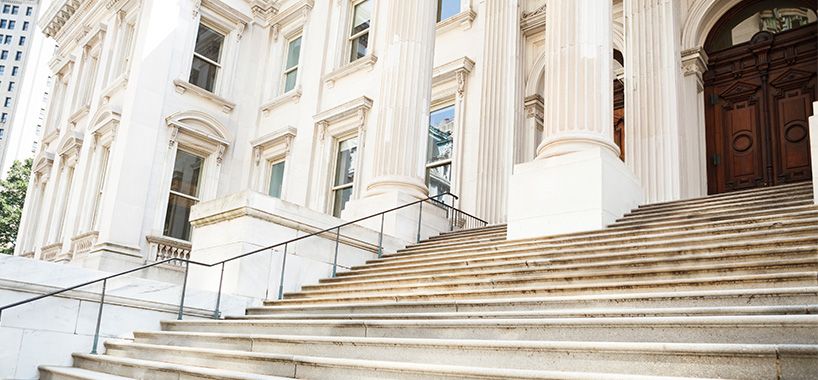
Information for all types of cases
Information about preparing for different types of cases and going to court including use of electronic devices, legal terms, courtroom layout and the people you will see in a courthouse.
Main navigation - menu blocks
-
Navigating a court case
-
Information for all types of cases
-
Criminal (adult and youth)
- Getting ready for criminal court
- Steps in a criminal case
- Indigenous sentencing and specialized criminal courts
- Youth criminal court
-
Criminal Caseflow Management Rules
- RULE 1 OBJECT, APPLICATION AND INTERPRETATION
- RULE 2 EFFECT OF NON-COMPLIANCE
- RULE 3 PRACTICE DIRECTIONS OF CHIEF JUDGE
- RULE 4 NOTICE AND FILING
- RULE 5 INITIAL APPEARANCE
- RULE 6 CROWN DISCLOSURE
- RULE 7 ARRAIGNMENT REPORT
- RULE 8 ARRAIGNMENT HEARING
- RULE 9 TRIAL READINESS REPORT
- RULE 10 TRIAL CONFIRMATION HEARING
- RULE 11 ADJOURNMENT OF TRIAL OR PRELIMINARY INQUIRY
- RULE 12 NOTICE BY COUNSEL
- RULE 13 CONTINUATIONS
- ARRAIGNMENT AND TRIAL READINESS FORMS
- Criminal orders picklists
- Alternatives to criminal court
- Criminal Code s. 810 (protection) orders
-
Family
-
Small claims
- Traffic, ticket, bylaw
- Indigenous sentencing and specialized criminal courts
-
Information for all types of cases
- Finding judgments
- Court locations and schedules
- News, notices, policies and practice directions
- About the Court
- Judicial Council

